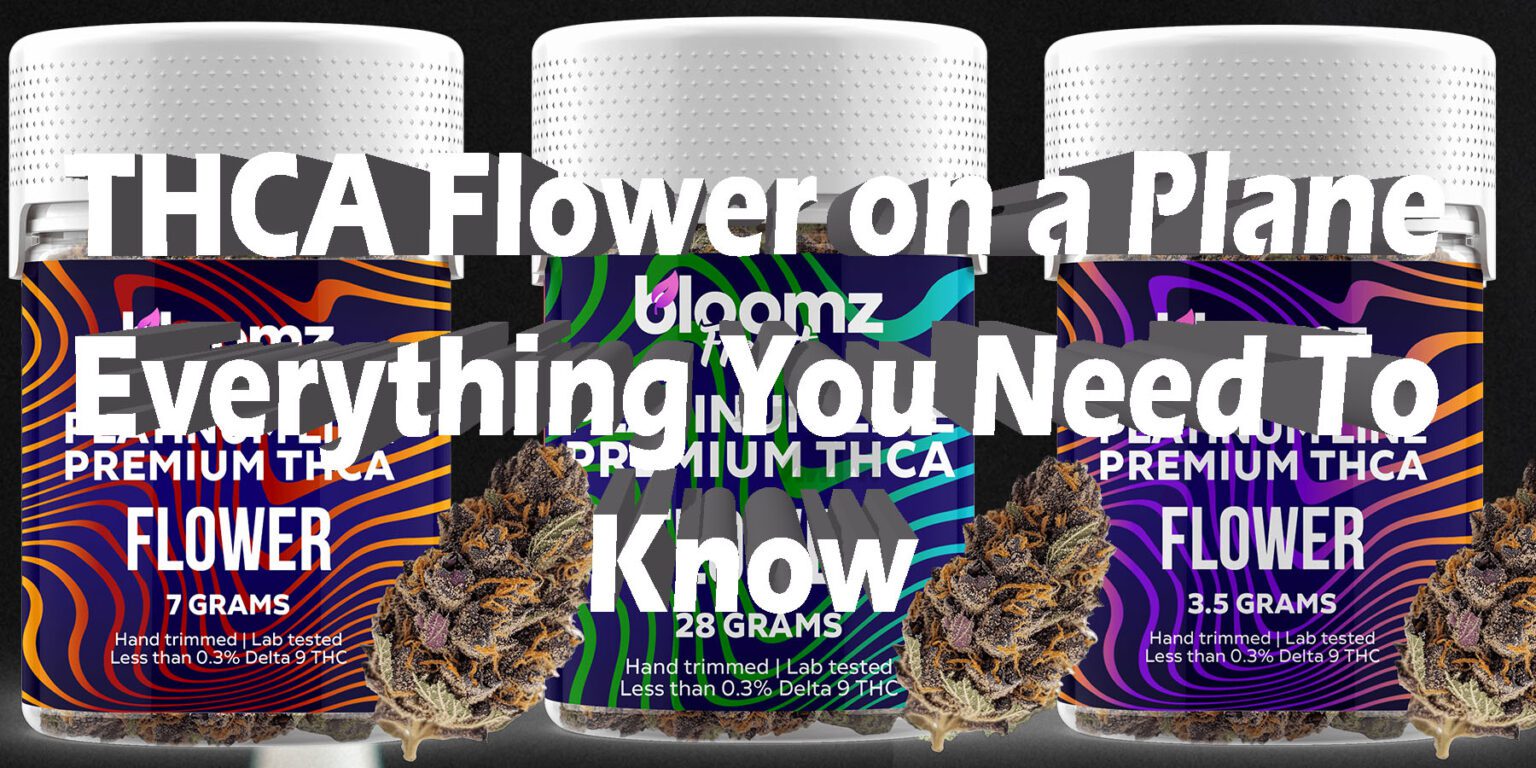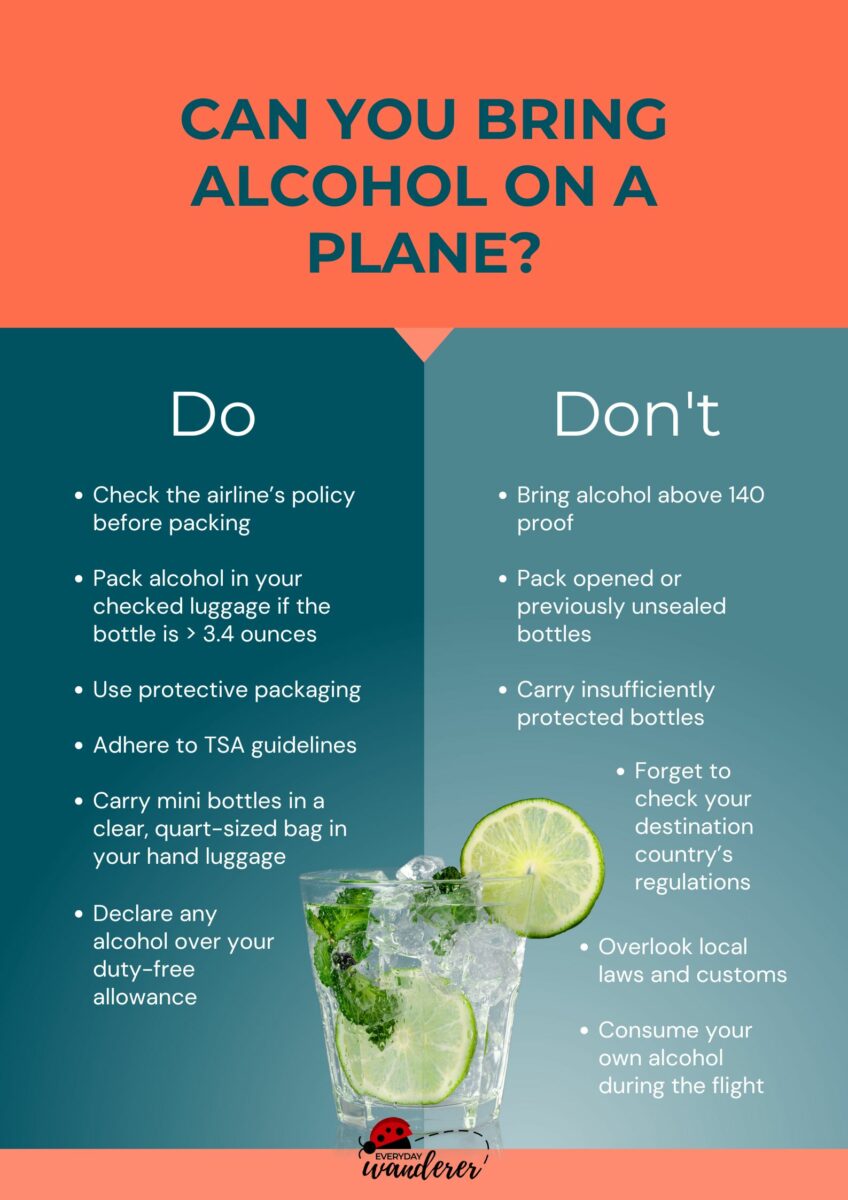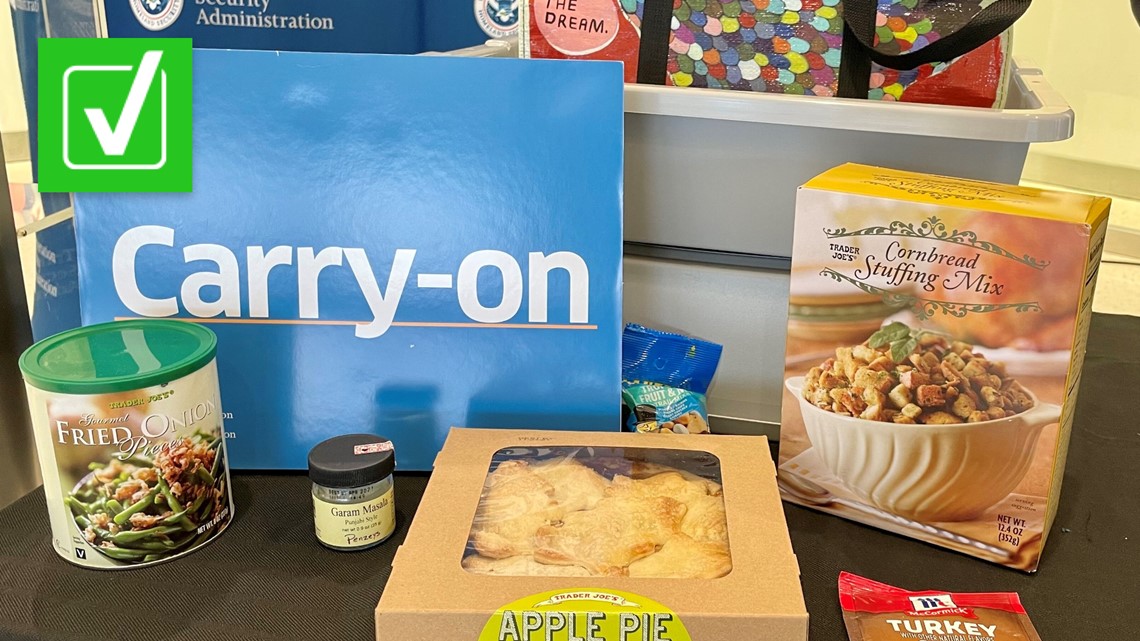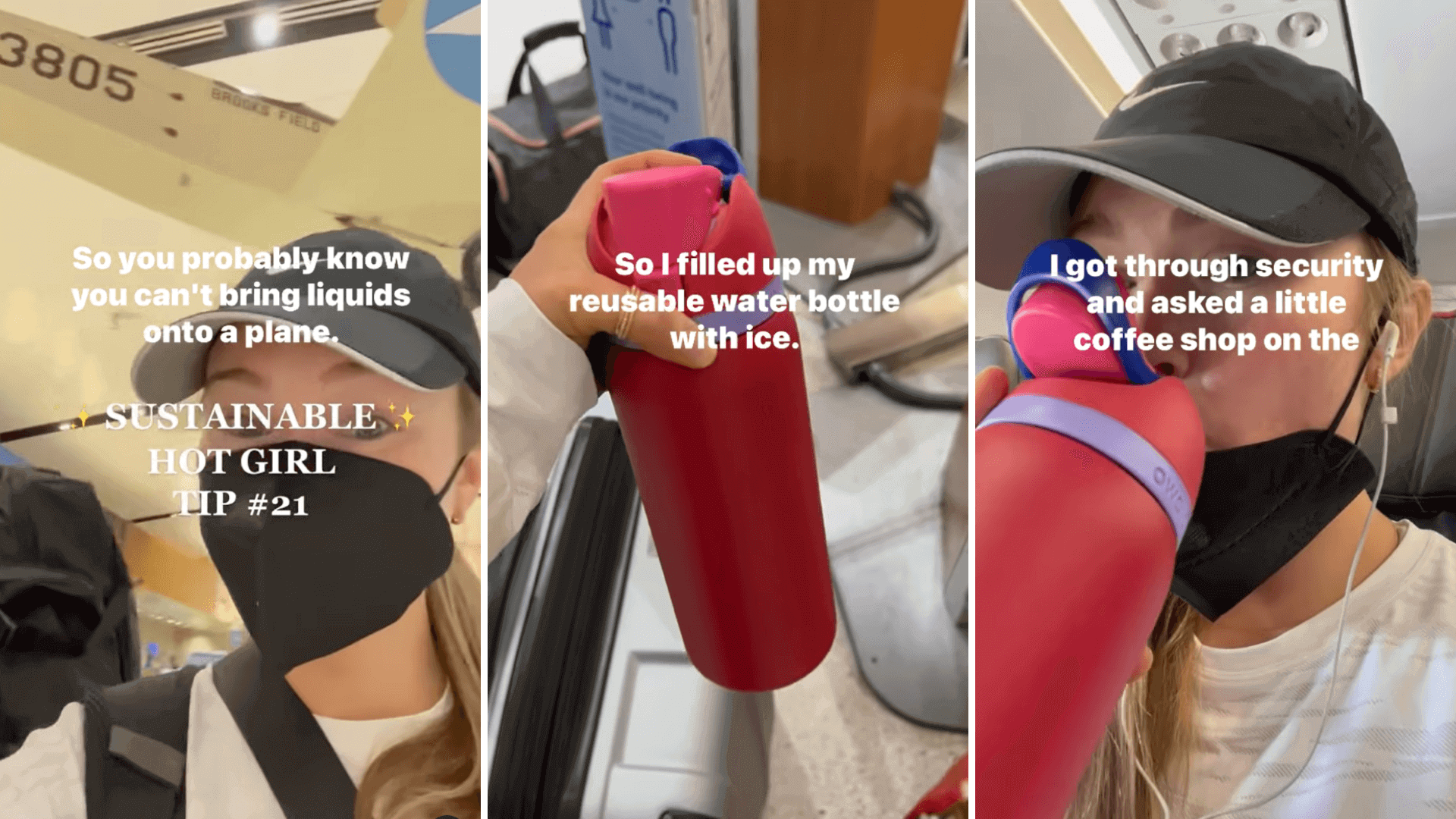Can You Bring Thca On A Plane

The legality of traveling with THCA, or Tetrahydrocannabinolic acid, a non-psychoactive precursor to THC found in cannabis, is causing confusion among travelers. While the 2018 Farm Bill legalized hemp-derived products containing less than 0.3% Delta-9 THC on a dry weight basis at the federal level, the ambiguity surrounding THCA's legal status has created a gray area for air travel. This article examines the current regulations, potential risks, and the varying interpretations by different agencies and jurisdictions.
This ongoing uncertainty stems from the fact that THCA, when heated (decarboxylated), converts into THC, the psychoactive compound responsible for the "high" associated with marijuana. Therefore, even if a product contains less than 0.3% Delta-9 THC in its original state, the potential for conversion raises questions about its legality under federal and state laws. The core issue revolves around the interpretation of the 2018 Farm Bill and how it applies to a compound that can readily transform into a controlled substance.
Federal Regulations and TSA Guidelines
The Transportation Security Administration (TSA)'s primary focus is security. Their website states that officers are not specifically looking for marijuana or other illegal drugs. However, if they discover a substance that appears to violate federal or state law during security screening, they are required to report it to law enforcement.
TSA guidelines align with federal law, which, post-2018 Farm Bill, distinguishes between hemp and marijuana based on Delta-9 THC content. This creates a loophole where THCA, technically legal if derived from hemp and below the 0.3% Delta-9 THC threshold, could be permissible, but subject to agent discretion and potential legal challenges at the destination.
It is important to note that TSA agents do not have the authority to determine the legality of a substance. Their role is to flag potential violations, leaving the final decision to local law enforcement officials. Therefore, possessing THCA products, even if legally compliant at the origin, could lead to complications depending on the laws of the arrival state.
State Laws and Varied Interpretations
State laws concerning cannabis products, including those containing THCA, vary significantly. Some states have legalized recreational or medical marijuana, while others maintain strict prohibitions. Traveling with THCA across state lines, even if legal in the departure state, could result in legal repercussions if it is illegal in the destination state.
For instance, a state with strict marijuana laws may interpret the presence of THCA as intent to convert it into THC, thus considering it a violation. Legal experts advise travelers to thoroughly research the cannabis laws of both their departure and arrival states before traveling with any THCA-containing products.
The lack of uniform regulations and interpretations across states further complicates the situation. This patchwork of laws contributes to the confusion and uncertainty surrounding the legality of transporting THCA on airplanes.
Potential Risks and Consequences
Traveling with THCA carries potential risks, including confiscation of the product, fines, and even criminal charges, depending on the jurisdiction. Even if the THCA product is technically legal under the 2018 Farm Bill, demonstrating compliance may require providing lab reports and documentation, which can be inconvenient and time-consuming.
Individuals could face delays, questioning, and possible legal action while authorities verify the product's Delta-9 THC content and origin. This is especially true in states where cannabis laws are stringent and law enforcement is less tolerant of ambiguities.
The ambiguity surrounding THCA also exposes travelers to the risk of inconsistent enforcement. One airport might allow the product, while another could confiscate it and pursue legal action. This unpredictability makes it difficult for travelers to assess the risk and plan accordingly.
Expert Advice and Recommendations
Legal professionals specializing in cannabis law strongly recommend against traveling with THCA products due to the legal uncertainties and potential risks involved. The consensus is that the potential legal consequences outweigh the benefits, especially given the inconsistent enforcement and varying state laws.
If traveling with cannabis-derived products is unavoidable, experts advise carrying verifiable documentation, such as lab reports, that confirm the Delta-9 THC content is below the legal limit. Furthermore, it is advisable to keep the product in its original packaging with clear labeling.
Ultimately, the safest course of action is to avoid traveling with THCA products altogether, particularly to states with restrictive cannabis laws. Until federal and state regulations are clarified and harmonized, the legal landscape remains too uncertain to ensure a trouble-free journey.
Moving Forward: The Need for Clarity
The ongoing debate surrounding THCA's legality highlights the need for greater clarity and uniformity in cannabis regulations at both the federal and state levels. Standardized definitions, testing protocols, and enforcement guidelines are crucial to eliminate ambiguity and provide clear guidance for travelers and law enforcement alike.
As the cannabis industry continues to evolve, policymakers must address the legal complexities surrounding emerging compounds like THCA. This requires a collaborative effort involving federal agencies, state governments, and industry stakeholders to develop comprehensive regulations that balance public safety with individual freedoms.
For now, travelers are urged to exercise caution and err on the side of caution when considering traveling with THCA. The current legal landscape is a minefield, and the potential consequences of misinterpreting the regulations can be severe.











![Can You Bring Thca On A Plane Can You Bring Ice Packs On A Plane? [TSA Rules]](https://justtravo.com/wp-content/uploads/2023/07/Can-You-Bring-An-Ice-Pack-On-A-Plane.jpg)





